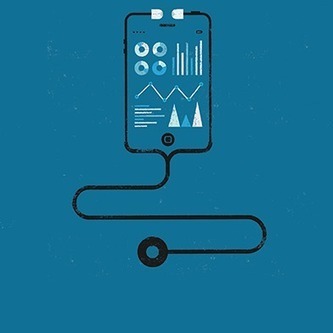A drug no longer needs to be a tangible object, according to panelist at the BIO 2018 convention in Boston. The way the pharma industry looks at medication is evolving and may be including new tech-focused treatments, such as digital therapeutics.
“If you think about the trajectory of medicine what is a drug these days: is it a pill, is it an injection, is it infusion, is it gene therapy? We’ve created some artificial constructs in the industry,” Jeremy Sohn, vice president and global head of digital business development and licensing at Novartis, said at a panel discussion on Wednesday. “The thing that is always constant, as the FDA will tell us, is it is about data-driven processes that allow us to demonstrate efficacy and truth.”
While the term digital therapeutic has been broadly used, many in the industry are starting to carve out a definition and shed light on what can be considered a digital therapeutic as opposed to some other kind of health technology.
“Digital therapeutics became a term that meant directly digital applied to medicine, and I think what we are talking about here goes a step further to [make it] more clear what we mean by prescription digital therapeutics: digital being the medicine and digital directly treating the condition, having gone through clinical trials with an FDA regulating its treatment, such that it can be prescribed by a doctor, and covered by insurance, just like any medicine today,” Eddie Martucci, CEO of Akili Labs, said at the panel discussion. “So the word medicine doesn't have to mean a pill it can mean something digital as long as it is having a safe treatment effect.”
Much like a physical drug, a digital therapeutic must run through clinical trials, demonstrate efficacy and meet fundamental safety codes, said Corey McCann, founder of Pear Therapeutics, a company that has created a digital prescription treatment for addiction.
Now big pharma has begun to turn to the new technologies as ways of the future. In March Pear Therapeutics, inked a deal with Novartis to develop two digital therapeutics, one for multiple sclerosis and another for schizophrenia.
Via Dominique Godefroy



 Your new post is loading...
Your new post is loading...











